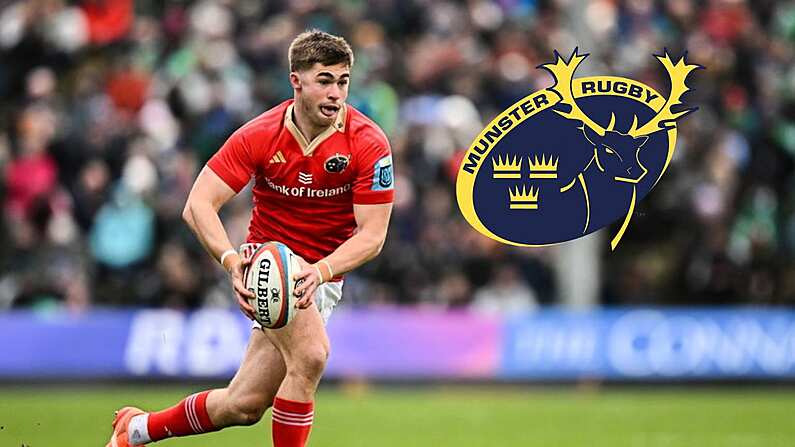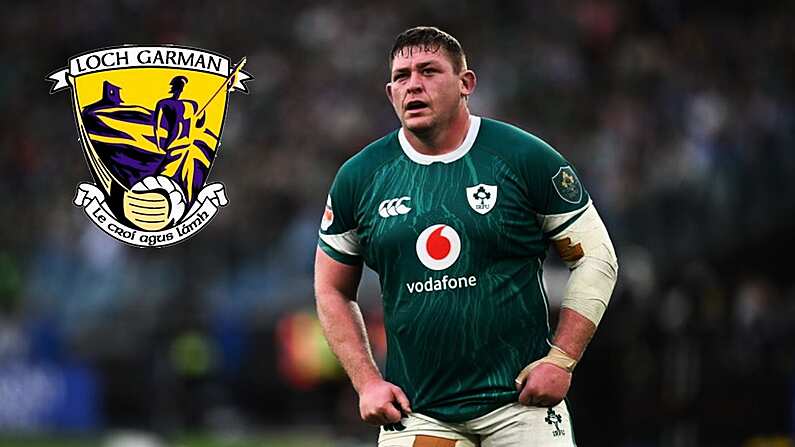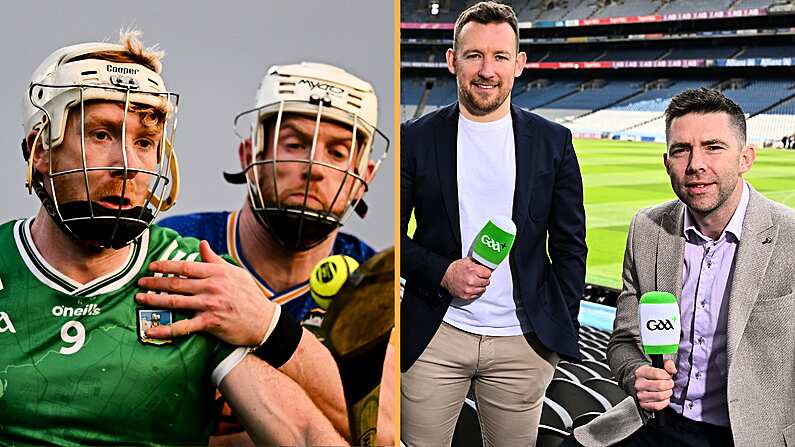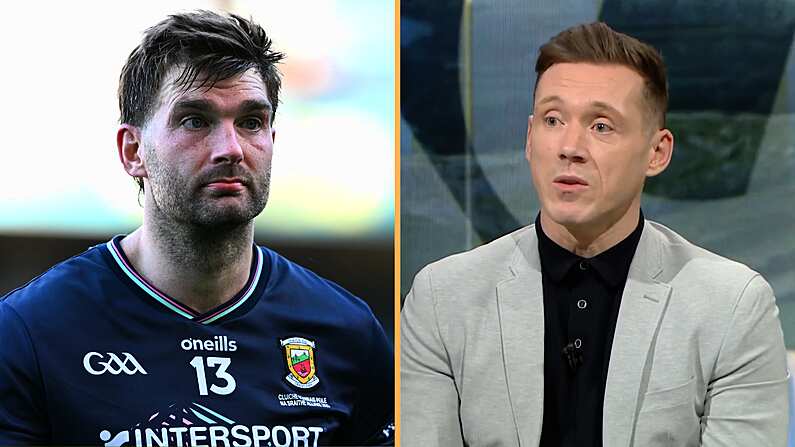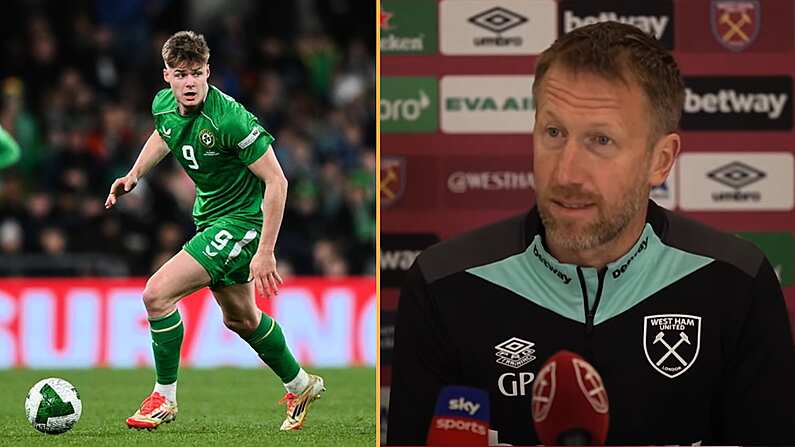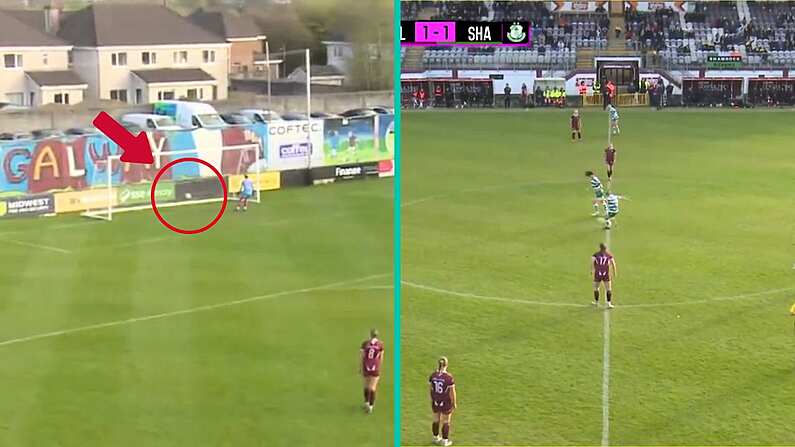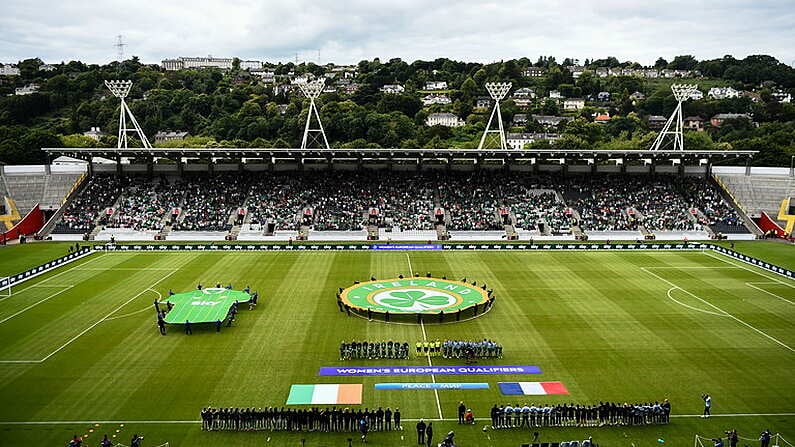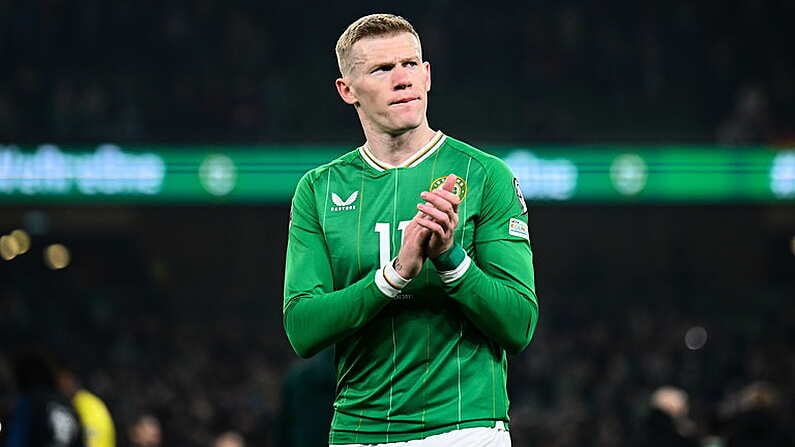News emerged this afternoon that FIFA will charge Ireland for their jersey commemoration of 1916 back in March - this following the controversy surrounding 'Poppygate 2.0' in the British football media this week.
FIFA have refused to grant England and Scotland permission to wear Commemorative Poppies for their Armistice Day World Cup qualifier later this month, causing tremendous outrage across the Irish Sea from many who believe remembering fallen victims of World War I should precede any FIFA laws on the matter.
The law in question, of course, dictates that political statements and symbols are banned from football jerseys in FIFA-governed fixtures, minus exception. It seems the FAI and Ireland simply slipped the radar back in Easter.
However, FIFA's sanction on Ireland's 1916 symbol, and their refusal to grant permission for poppies to be worn during England vs Scotland, may also have nothing to do with politics, as suggested by Irish BBC journalist and broadcaster Conor McNamara.
FIFA Law 4, paragraph 4, states the following:
The basic compulsory equipment must not have any political, religious or personal slogans, statements or images.
The team or a player whose equipment has political, religious or personal slogans, statements or images will be sanctioned by the competition organiser or by FIFA.
McNamara believes it is the 'personal' nature of the poppy (and presumably, now, Ireland's 1916 symbol) - or the fact that they are personal additions to jerseys - which is the real issue, and not the fact that both symbols could be construed as 'political'. It's an intriguing argument which you can listen to below:
Lots of people debating if Poppies are political?
But that's NOT actually the reason wearing them is against FIFA rules.#bbcfootball pic.twitter.com/GdL5nBFfZl— Conor McNamara (@ConorMcNamaraIE) November 3, 2016
McNamara was speaking on BBC Radio 5 Live's Team Talk podcast - the full episode of which can be listened to here.


